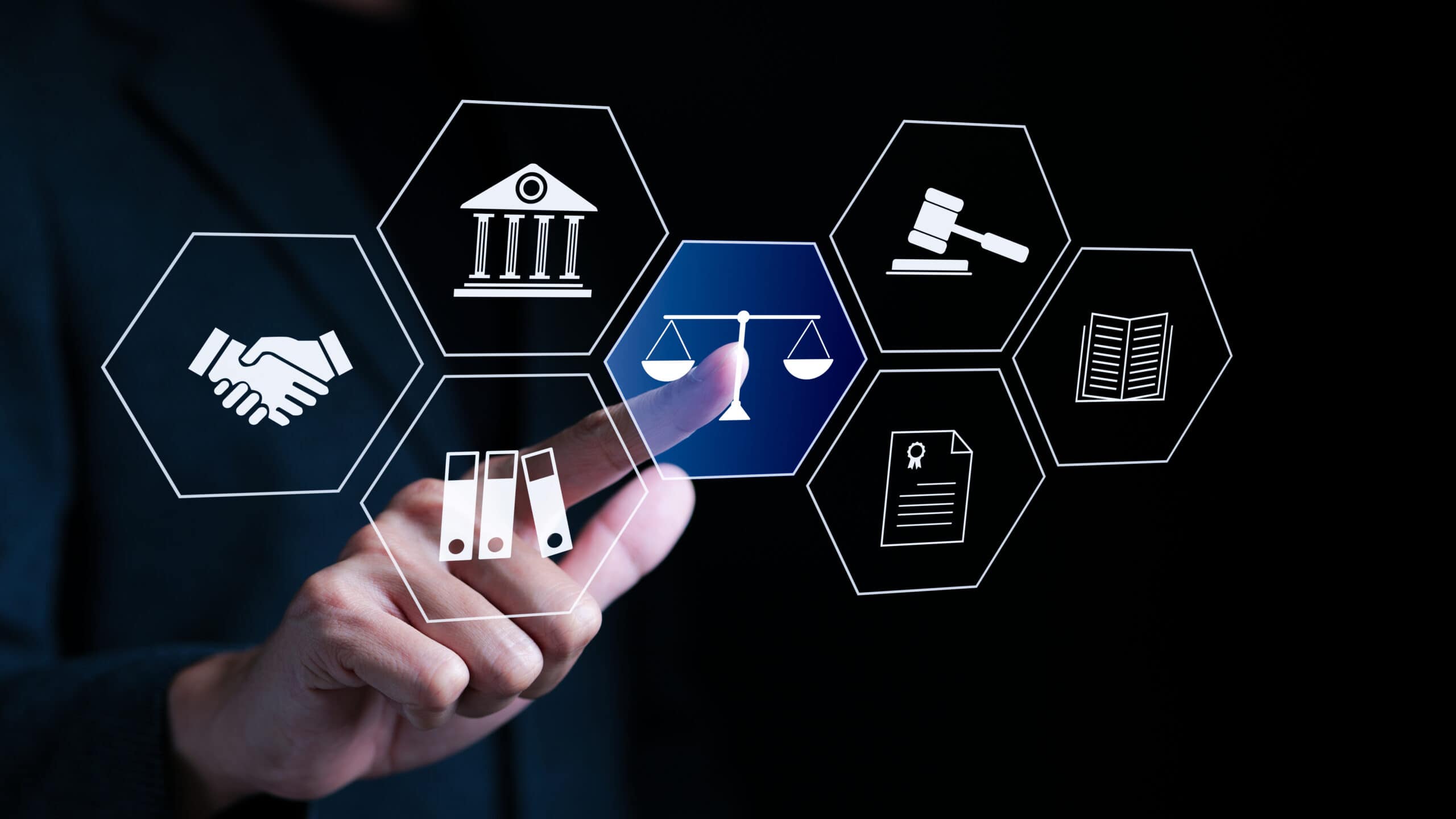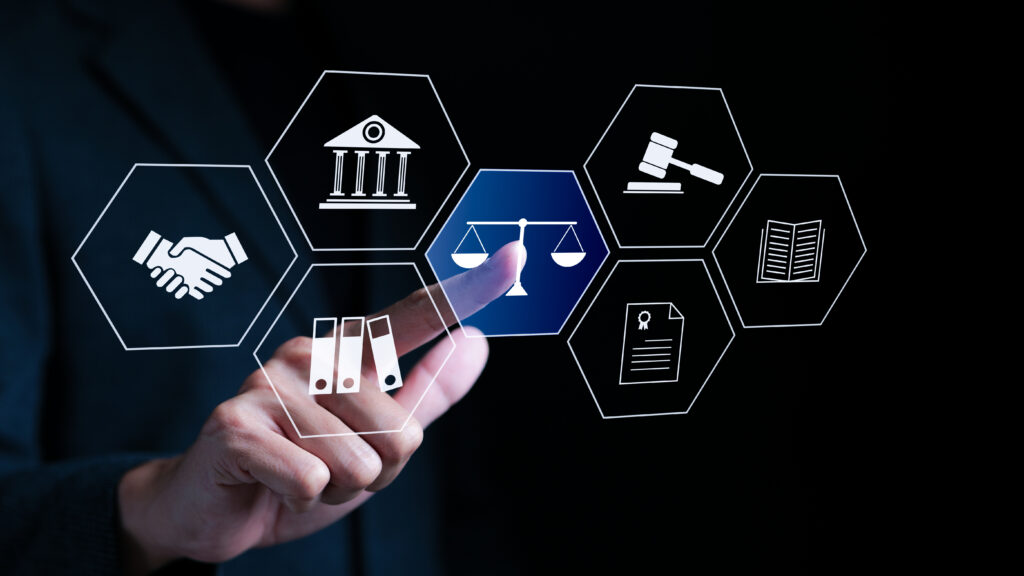As history shows, court reporters and court reporting services have embraced new court reporting technology.
Court Reporting Technology Must be proven
As history shows, court reporters and court reporting services have embraced new court reporting technology. From computers, copy machines, scanners, audio recorders, audio-to-text computer programs, video depositions, and every other technological innovation, court reporters have been “quick on the uptake.”
However, there are two important caveats: the technology must be PROVEN technology and technology that does not endanger or threaten the integrity of the court system. In that respect, AI software programs are not yet a technology that can be embraced, certainly not without the specific and direct oversight of trained and certified human court reporters.

AI challenges to our court system
AI computer programs have already presented challenges to our court system. As widely reported, lawyers have tried using AI Chatgpt to write briefs submitted to the courts. In one example reported here, the AI program literally fabricated six “cases” to support the legal “arguments” being made in the legal brief. There have been about a dozen such examples reported around the country. Many may laugh, but these examples underscore how AI software can undermine the integrity and quality of judicial proceedings.
Thus, Gallo Court Reporting Services welcomes the news that the National Court Reporters Association has hired a lobbyist firm to talk with lawmakers and advocate on issues related to the use of AI computer programs in U.S. courtrooms.
The value and verification in Stenographer Services
With respect to court reporting, pro-AI advocates typically cite the cost-saving value of AI court reporting. However, court reporting is much more than creating a text copy of what has been said at a court hearing or deposition. Like evidence in a criminal case, the official court record must have a valid and verifiable chain of custody. That is necessary so that, when the record reaches the appellate courts, it can be verified that the record is complete and accurate. Computer programs like AI programs cannot validate a chain of custody. You cannot sit a computer program down and ask it questions and engage in cross examination.
Further, court reporting has built-in verification layers including the memory of the court reporter, audio recordings, notes, stenography tapes, and more. All of these ensure accuracy from the start and, just as importantly, allow the accuracy to be challenged and verified. AI computer programs will never have that ability and computer files can be manipulated and changed.
Deepfake video and image-manipulation technologies also pose dangers to the authenticity and quality of court records. It is within the ability of current technology to entirely forge a complete and convincing deposition with deepfake programs. That is unlikely to happen without being caught. But the same technology can easily be used to make subtle edits and changes to a video deposition that might not be noticed. These are just some of the reasons you cannot take the human out of court reporting.
Contact Elizabeth Gallo Court Reporting Today
For more information, call the experienced court reporters at Elizabeth Gallo Court Reporting. We follow the best practices in order to provide excellent litigation support to our customers. Contact us today to learn about our services and how we can help you.






